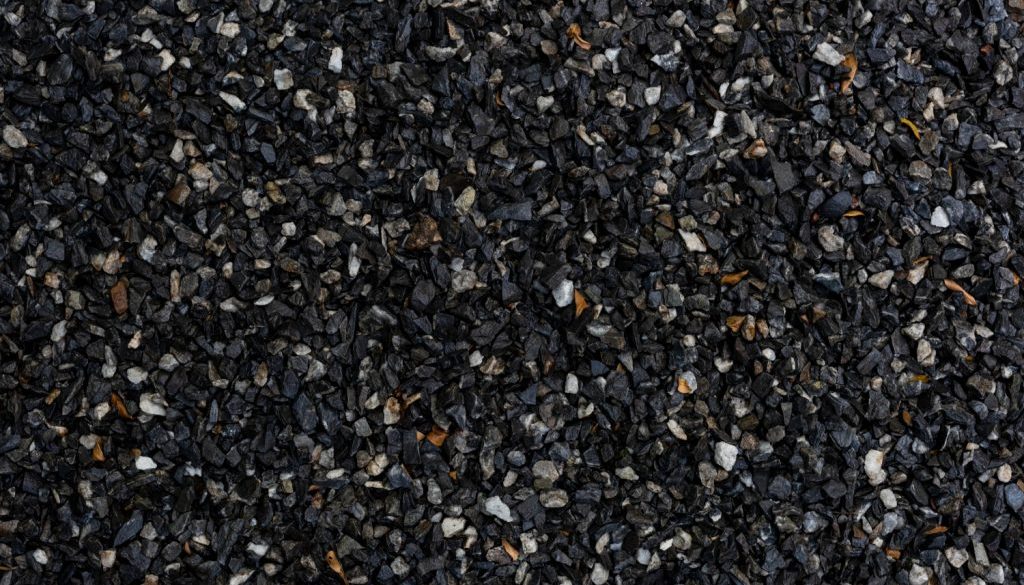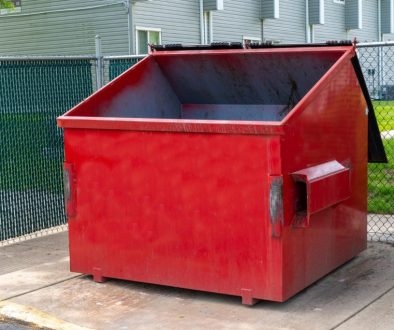Recycled aggregates are becoming increasingly popular in the construction industry. They are made from crushed concrete, masonry, and asphalt removed from buildings, roads, and other structures. These materials are processed and reused, which helps reduce waste and the demand for natural aggregates. Using recycled aggregates offers many benefits for both the environment and the economy.
In this article, we will explore what recycled aggregates are, their environmental benefits, cost-effective solutions, and practical applications in construction. By understanding the advantages and uses of recycled aggregates, you can make more informed decisions for your building projects.
What Are Recycled Aggregates?
Recycled aggregates are materials that have been salvaged from demolition sites and repurposed for new construction projects. These aggregates include crushed concrete, masonry, brick, and asphalt, all of which would otherwise end up as waste. The materials are carefully processed to remove contaminants and then crushed to create a reusable product.
The process starts with collecting debris from demolished buildings, roads, and other structures. The collected materials are then sorted to remove any unwanted components like steel or wood. Once cleaned, the materials are crushed into smaller pieces that can be used as aggregate. This not only helps to conserve natural resources but also reduces the amount of waste being sent to landfills.
Recycled aggregates have many of the same properties as natural aggregates, making them suitable for a wide range of applications. They can be used in road construction, concrete production, and even landscaping.
Environmental Benefits of Using Recycled Aggregates
Using recycled aggregates offers several environmental benefits. One of the most significant advantages is the reduction of waste sent to landfills. Construction and demolition waste make up a large portion of landfill waste, and recycling these materials helps to decrease this load. This not only conserves space in landfills but also reduces the environmental impact associated with waste management.
Another key benefit is the conservation of natural resources. Quarries and mining operations for natural aggregates can have detrimental effects on the environment, including habitat destruction and increased carbon emissions.
Recycled aggregates also contribute to lower energy consumption. The process of transporting and manufacturing new aggregates requires significant energy. In contrast, recycling existing materials typically consumes less energy, resulting in lower greenhouse gas emissions.
Cost-Effective Solutions with Recycled Aggregates
Recycled aggregates are not only environmentally friendly but also offer significant cost-saving benefits. One of the primary reasons they are cost-effective is that they are often cheaper to produce than new aggregates. This reduction in production cost is passed on to consumers, making recycled aggregates a more affordable option for construction projects.
Another way recycled aggregates save money is through reduced transportation costs. Since recycled materials are often sourced locally, the distance they need to travel is shorter compared to newly quarried aggregates. This helps lower the overall cost of your project, as transportation can be a significant expense.
Lastly, recycled aggregates can reduce the costs associated with waste disposal. By recycling construction waste, you can avoid the high fees related to landfill disposal. This not only saves money but also helps you stay compliant with waste disposal regulations, potentially avoiding fines.
Practical Applications of Recycled Aggregates in Construction
Recycled aggregates have a wide range of applications in the construction industry. They can be used in many of the same projects as natural aggregates, offering a sustainable alternative without compromising on quality.
1. Road Construction: Recycled aggregates are commonly used in road construction. They are suitable for road bases, sub-bases, and even as part of the asphalt mix. Their durability and strength make them perfect for supporting heavy traffic.
2. Concrete Production: Recycled aggregates can replace natural aggregates in concrete production. They are often used in the creation of new concrete for sidewalks, foundations, and other structural components.
3. Landscaping: These aggregates are also ideal for landscaping projects. They can be used for paths, garden beds, and retaining walls, providing a durable and aesthetically pleasing finish.
4. Drainage Systems: Recycled aggregates are effective in creating drainage systems. Their porous nature allows for excellent water flow, making them ideal for use in drainage trenches and French drains.
Conclusion
Incorporating recycled aggregates into your projects can yield significant savings and ensure compliance with environmental regulations. Their diverse applications—from road construction and concrete production to landscaping and drainage systems—demonstrate their versatility and effectiveness.
For expert guidance and reliable service, contact us at Enviro Skip Hire today to explore our range of recycled 6F2 aggregates and other eco-friendly solutions for your construction needs. Let’s work together to build a greener future.




